SJI Grantee Spotlights
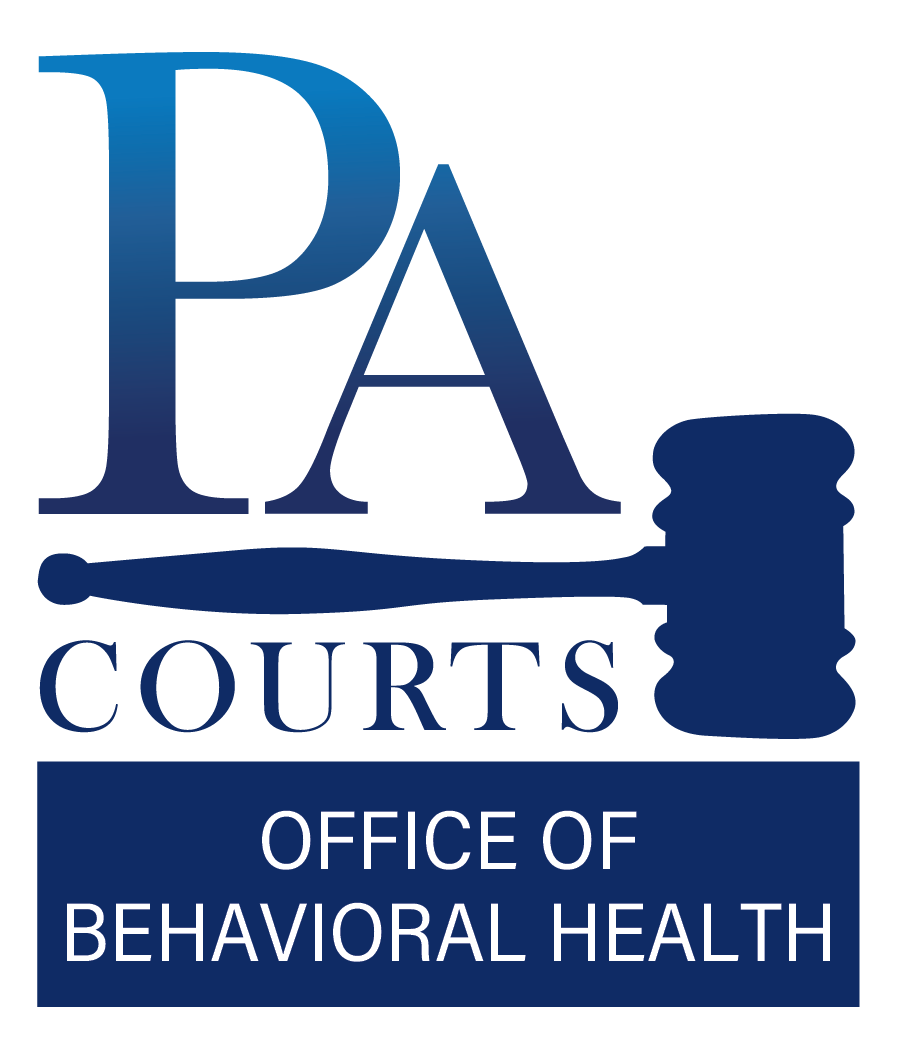
Pennsylvania Statewide Behavioral Health & Recovery Summit – Administrative Office of Pennsylvania Courts
In October 2024, the Pennsylvania Courts held a first-ever statewide Behavioral Health Summit that brought together over 500 judges, leaders, and stakeholders to address the growing behavioral health crisis within the judicial system. Pennsylvania Supreme Court Justice Kevin Dougherty emphasized the increasing severity and frequency of behavioral health challenges and called the summit a “call to action” to improve court responses and support justice-involved individuals with behavioral health needs.
The summit, hosted in partnership with the Pennsylvania Commission on Crime and Delinquency (PCCD), fostered collaboration among judges, county and state leaders, and advocates. It highlighted the importance of both education and building relationships in creating informed solutions that positively impact the community. This initiative seeks to develop comprehensive strategies that address behavioral health issues and ensure both effective legal proceedings and compassionate, trauma-informed care.
A significant prior step in this effort was the establishment of the Office of Behavioral Health by the Pennsylvania Courts last year. This office is focused on promoting best practices at the intersections of at-risk populations and the courts. It is also dedicated to providing training and educational resources for judges, ensuring they are equipped to navigate cases involving those with behavioral health challenges. Key areas of focus include truancy, domestic relations, juvenile delinquency, criminal justice, and civil commitments.
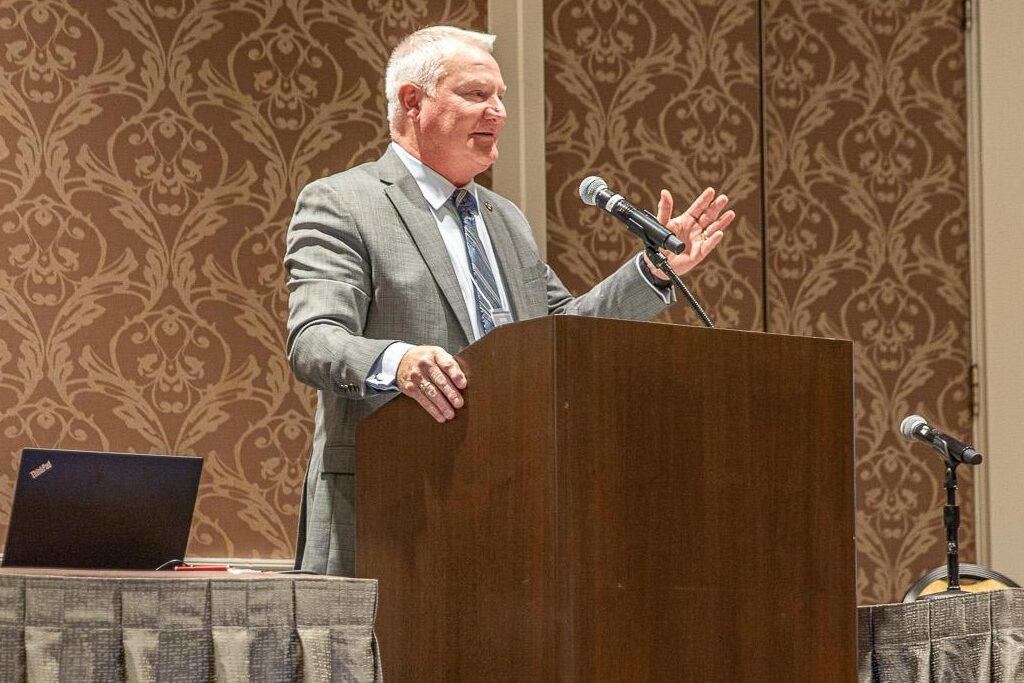
The office is currently supporting the establishment of seven judicially led, behavioral health regional councils to ensure ongoing collaboration and progress. The councils will launch via regional summits across Pennsylvania with a focus on helping county leaders to understand and engage the legislature and stakeholders on regional priorities.
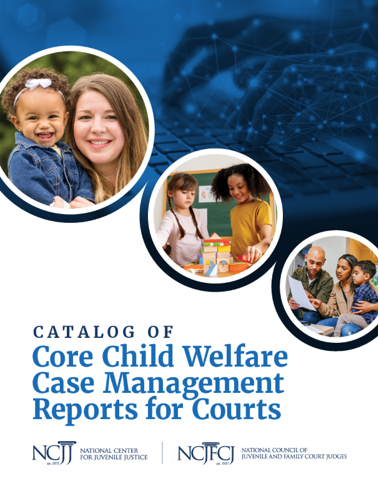
Enhancing State Court Efforts to Address Child Abuse and Neglect
March 1, 2025
In 2016, the National Council of Juvenile and Family Court Judges (NCJFCJ) developed the Enhanced Resource Guidelines (ERGs) to outline best practices for handling child abuse and neglect cases. To support implementation, NCJFCJ launched a project to train select jurisdictions in ERG-based practices. The ERGs emphasize keeping families together, ensuring access to justice, cultural responsiveness, …
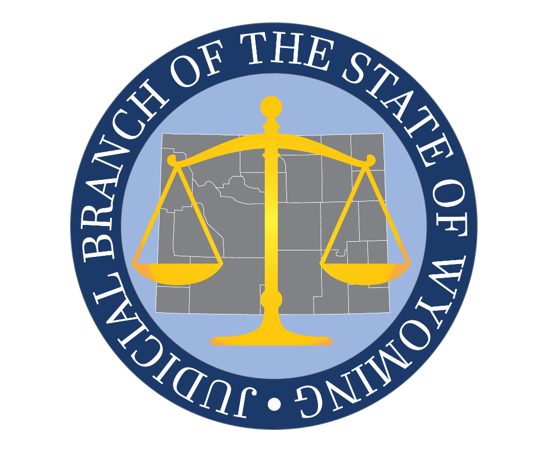
Wyoming Judicial Branch Mental Health Diversion Project
February 1, 2025
Behavioral health diversion is built on a guiding hypothesis: Diverting non-violent individuals with serious mental illness away from the criminal justice system and into community-based treatment and support services will transform lives, reduce recidivism, generate cost savings, and ease the burden on jails, courts, and state hospitals. This hypothesis has been proven in well-resourced urban …
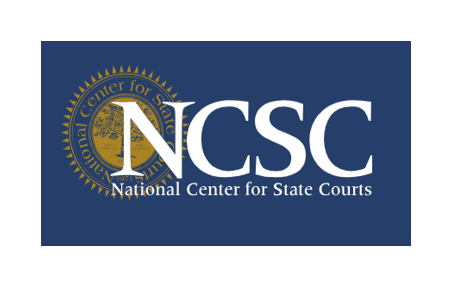
AI Readiness for the State Courts – The National Center for State Courts
January 1, 2025
The National Center for State Courts (NCSC) has brought together experts and practitioners to develop comprehensive guidance on AI Readiness for the state courts. The project, funded by SJI, aims to provide resources for courts along the whole spectrum of AI maturity, from courts that are just beginning to think about AI to courts that …
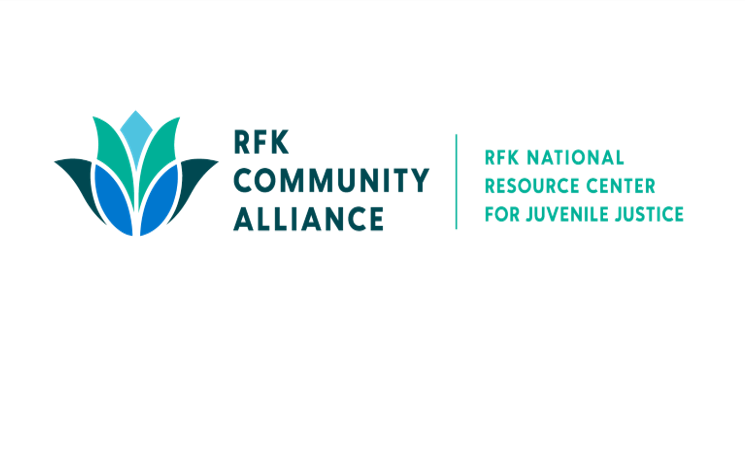
Probation and Youth Justice System Review – RFK National Resource Center for Juvenile Justice
December 1, 2024
The RFK National Resource Center for Juvenile Justice (RFKNRCJJ) has used a proven framework to partner with state and local jurisdictions to conduct multiple probation and youth justice system reviews designed to improve outcomes for youth and families at-risk or involved in the juvenile justice systems for more than fifteen years. RFK’s successful technical assistance …
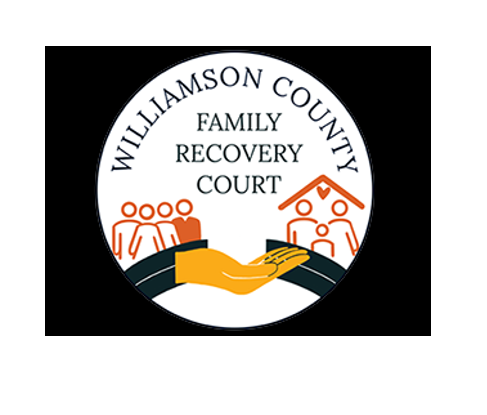
Keeping Families Together: Preserving and Reunifying Families with Substance Use Disorder Through a Family Recovery Court – University of Texas at Arlington
November 1, 2024
The Keeping Families Together: Preserving and Reunifying Families with Substance Use Disorder (KFT) project was established to refine and test a Family Recovery Court (FRC) model for child welfare-involved families with substance use disorders. In collaboration with the Williamson County Family Recovery Court, Dr. Catherine LaBrenz and her team at the University of Texas at …

Supporting Shared Assessment Center Outcomes and Measures – National Assessment Center Association (NAC)
October 1, 2024
The Assessment Center Outcome and Reporting Network (ACORN) initiative was established to create a more consistent performance and outcome measures for Assessment Centers (AC) nationwide. The National Assessment Center Association (NAC) in collaboration with the National Center for Juvenile Justice (NCJJ) and Dr. Jeff Kretschmar, worked to support a cohort of six ACs (listed below) …

